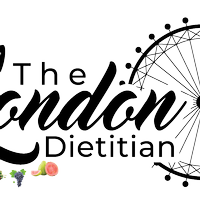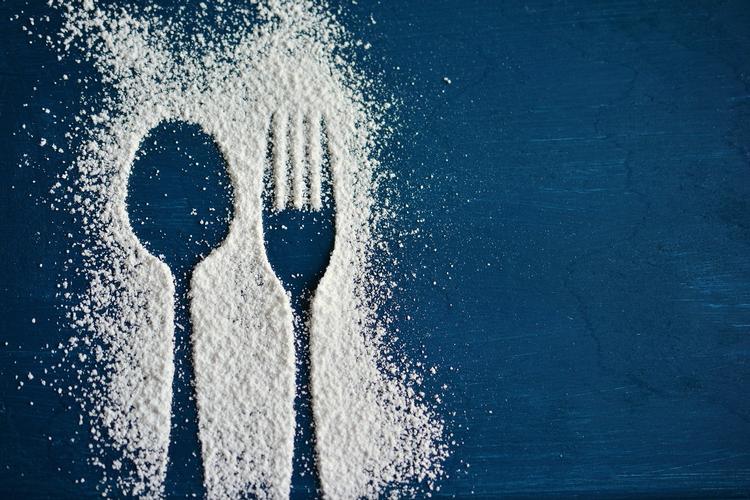To start of this cancer series, I’m going to get to the bottom of my commonly asked question by patients….should you avoid sugar following a cancer diagnosis?
First thing first…what is sugar? Sugar is essentially a carbohydrate and comes in various forms: we have the simple ones such as sugars found in table sugar and confectionery, or more complex carbohydrates such as those in vegetables, pasta, bread etc. Our body will break down most carbohydrates into glucose, which is used as the primary fuel for all our cells, particularly our brain and our red blood cells. Each and every one of our body cells need energy in the form of glucose, including cancer cells. However, this does not mean that sugar itself is the primary source of cancer.
An analogy that can be helpful is to consider our cells as a car and as glucose as fuel for the car. When driving normally, a car uses varying amount of fuel depending on whether it is accelerating or if it’s idle. Non-cancer cells vary in their rate of division, some every few days, others every few months and so on. More glucose is utilised when the cell is dividing rapidly-as is the case for cancer cells- similar to how more fuel is needed when a car is accelerating. After the cell has finished dividing, it goes back to a more idle state and so needs less glucose. Cancer cells use glucose at much higher rate because they are dividing so rapidly- this is like being in a car with the accelerator rooted to the floor. If you still want to use your car, the solution isn’t just to let it run out of fuel rendering it unusable. In this same way, even if you think you are ‘starving’ your cancer cells by limiting their fuel, you will also harm your healthy cells. Unfortunately, what the internet gurus fail to tell you is that in the absence of glucose cancer cells are then able to adapt and find alternative ways to make fuel available to them such as breaking down your muscle and fat stores in order to use them as substrates to form glucose within our bodies- this is a process known as gluconeogenesis. This ultimately results in weight loss, a weakened immune system and potentially making you unfit for further treatment. Additionally, when you cut out carbohydrates in order to avoid sugar, you will be missing out on many key phytochemicals, minerals and vitamins - all of which we know plays a vital role in a healthy diet.
In addition to the above, cancer cells create new blood vessels in a process called angiogenesis. This means the cancer cells have a greater supply of oxygen, nutrients and other factors required for cell growth. Therefore, even in a situation where you are restricting external energy coming in to your body, the blood vessels supplying the cancer cells will prioritise taking any nutrients (no matter how restricted) to the cancer cells as opposed to the healthy cells. So essentially, when you think you are starving your cancer cells by restricting glucose, you are in fact primarily starving your healthy cells.
So what do I recommend to my patients? As boring as it may sound, a healthy, well-balanced diet with lots of fruit and vegetables, protein and carbohydrate at every meal is really optimal for helping cancer patients feel as well as they can. Unfortunately, due to cancer itself and the side effects of treatment, it can be difficult to want to eat and this is where a registered dietitian can come in handy to give you some individualised advice and optimise your nutritional intake. If you feel like you need help, reach out to me and we can arrange an appointment.

